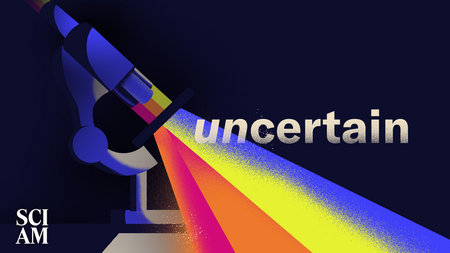
Think Seeing Is Believing? Think Again
We think that what we see represents stone-cold reality. Science has found out how wrong we can be.

Think Seeing Is Believing? Think Again
We think that what we see represents stone-cold reality. Science has found out how wrong we can be.
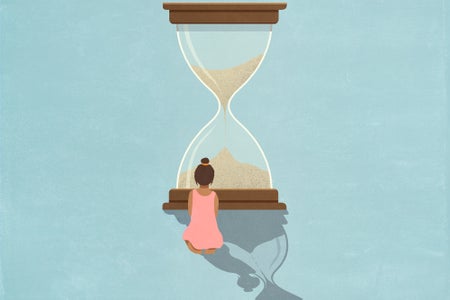
No Spoilers, Please! Why Curiosity Makes Us Patient
Curiosity makes people hungry for knowledge—but not necessarily in a hurry

Feeling Angry? Chilling Out Helps More Than Blowing Off Steam
When anger strikes, decreasing arousal is more likely to reduce aggression than venting is, according to a massive review of 154 studies

The Dunning-Kruger Effect Shows that People Don’t Know What They Don’t Know
David Dunning explains how people can avoid overestimating their own knowledge, a psychological bias called the Dunning-Kruger effect

My Synesthesia Transforms Speech into Text I ‘See’ in My Head
From the time I learned to read, I have experienced a form of mental closed-captioning called ticker-tape synesthesia
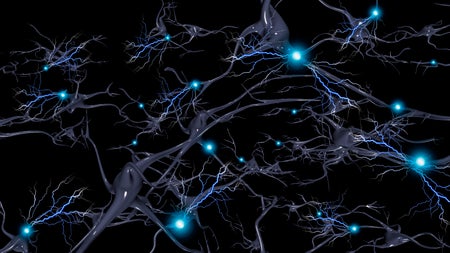
Memories Are Made by Breaking DNA — and Fixing It, Study in Mice Finds
Nerve cells form long-term memories with the help of an inflammatory response
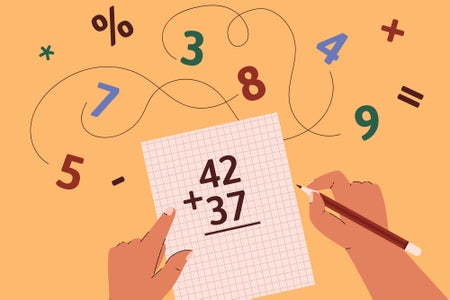
You’ve Heard of Dyslexia, But Why Not Dyscalculia?
The inability to process numeric information, dyscalculia is still poorly understood. Finding therapies may require looking beyond the numbers
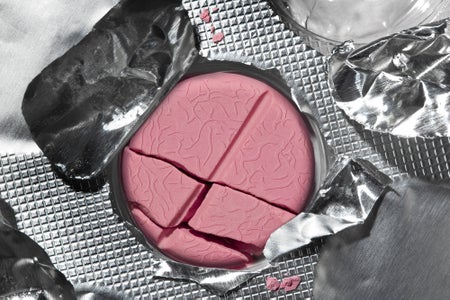
Does Long-Term Benadryl Use Increase Dementia Risk?
Benadryl, which contains diphenhydramine, is a drugstore mainstay and just one medication out of many that could possibly damage brain health
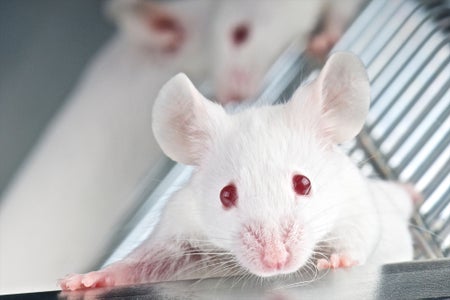
How Animal Brains Tell Friends from Strangers
A small section of the mouse brain’s hippocampus uses specific neural codes to denote social familiarity and identity

7 Books SciAm Recommends So Far in 2024
Here are seven fiction and nonfiction books we recommend from the past few months. They involve broken hearts, killer robots and epic failed experiments

Why Some Songs Make Everyone Want to Dance
A syncopated rhythm may prompt our brain to find the beat
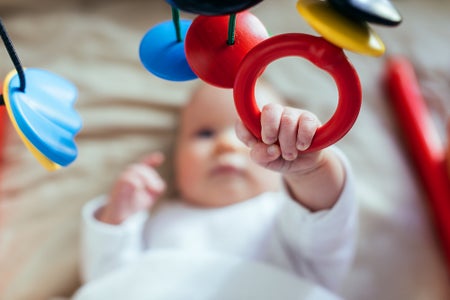
How Do Babies Realize They Can Influence the World?
An infant’s aha! moment may hold secrets to the origins of agency